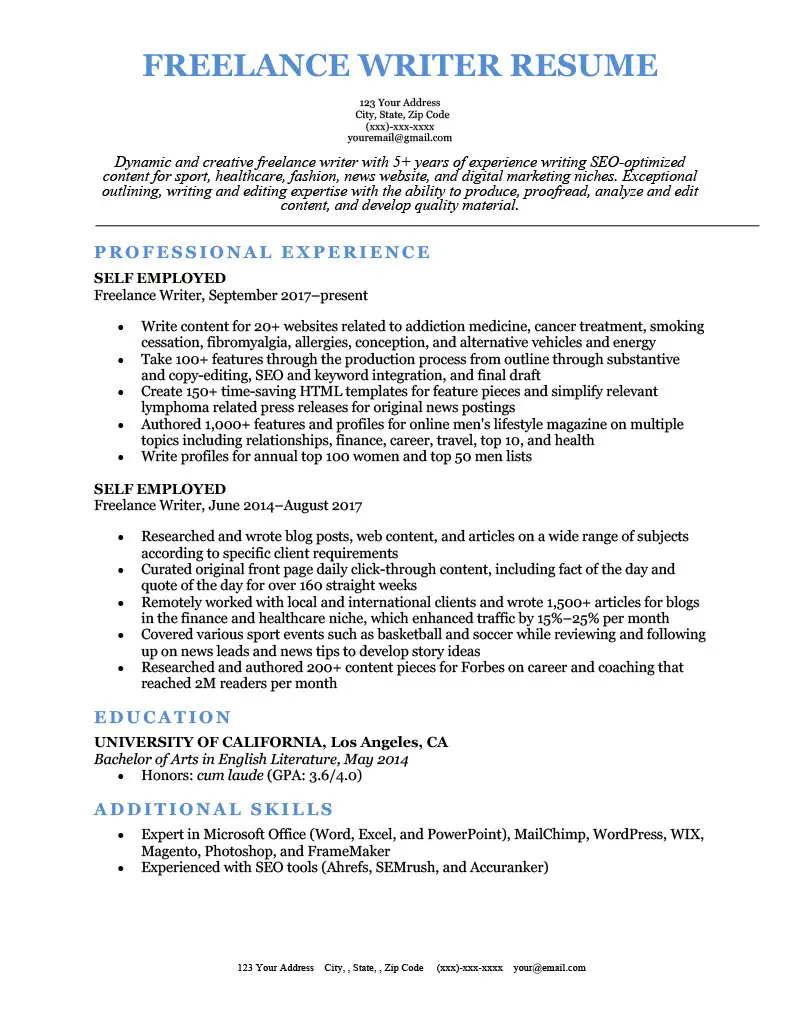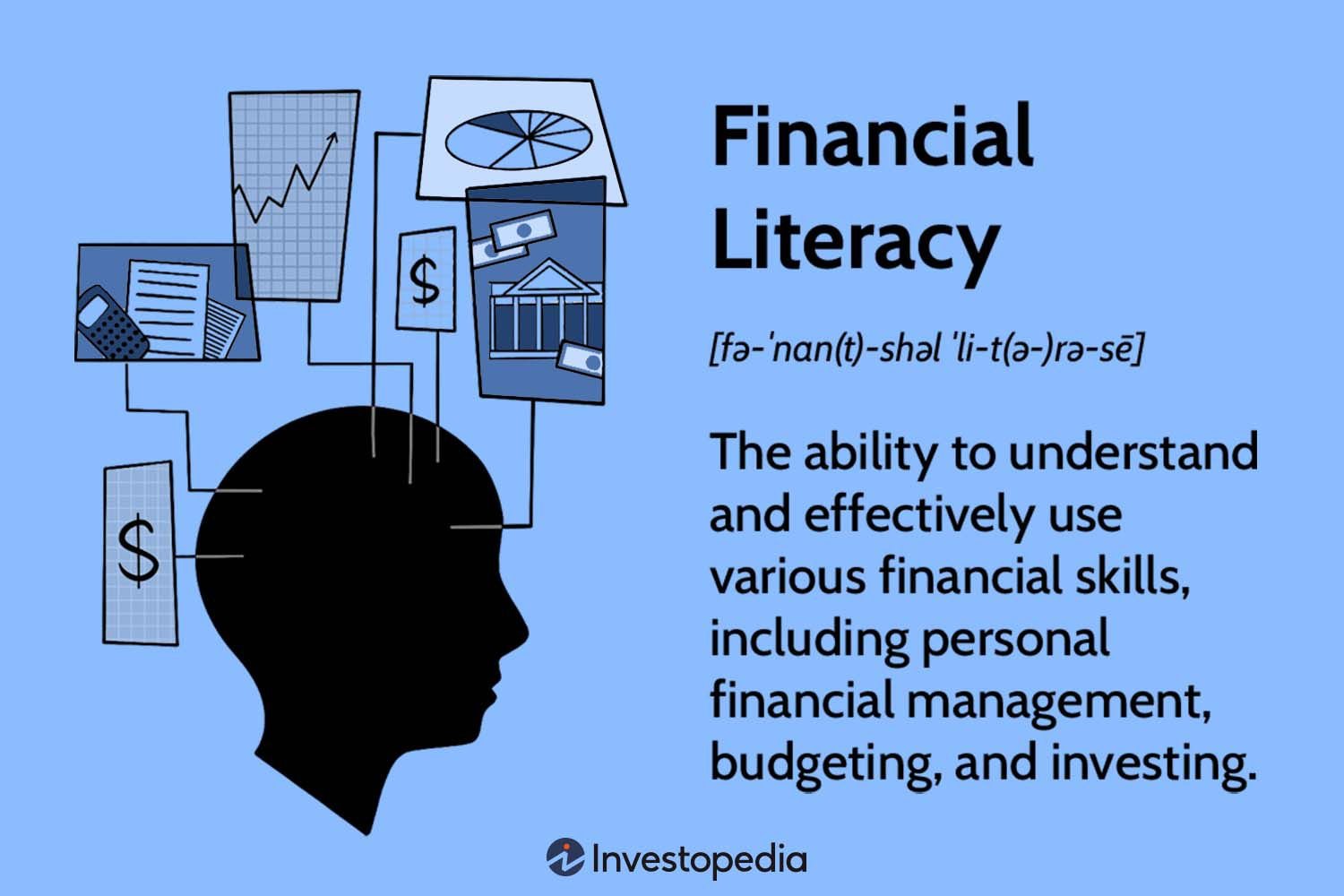Looking to optimize your finances for a freelance career? You’re in the right place! As a freelancer, managing your finances effectively is crucial for creating stability and maximizing your earning potential. In this blog article, we will delve into practical strategies and tips on how to optimize your finances for a freelance career. From budgeting wisely to diversifying your income streams, we’ll explore various aspects that will help you take control of your financial journey. So, let’s get started on this exciting path towards financial empowerment in the freelance world!
How to Optimize Finances for a Freelance Career
Introduction
As a freelancer, you have the flexibility and freedom to work on your own terms. However, managing your finances can be a challenge without the stability of a regular paycheck. To ensure financial stability and success in your freelance career, optimization is key. In this article, we will explore various strategies and techniques to help you optimize your finances as a freelancer.
1. Create a Budget
One of the first steps towards optimizing your finances as a freelancer is to create a budget. A budget helps you track your income and expenses, enabling you to make informed financial decisions. Consider the following steps when creating your budget:
1.1 Determine Your Monthly Income
- List down all your income sources as a freelancer, including project-based payments, retainer fees, and passive income streams.
- Estimate your average monthly income based on historical data or conservative projections.
1.2 Categorize Your Expenses
- Track your expenses over a few months to identify spending patterns.
- Categorize your expenses into fixed (rent, utilities) and variable (groceries, entertainment) categories.
1.3 Set Financial Goals
- Outline short-term and long-term financial goals, such as saving for retirement or paying off debt.
- Allocate a portion of your income towards achieving these goals.
1.4 Track and Adjust
- Maintain a record of your income and expenses using tools like spreadsheets or budgeting apps.
- Regularly review and adjust your budget to reflect changes in your income or expenses.
2. Build an Emergency Fund
Freelancers often face irregular income and unexpected expenses. To safeguard your financial stability, it is essential to build an emergency fund. An emergency fund acts as a financial safety net during lean periods or unforeseen circumstances. Follow these steps to build your emergency fund:
2.1 Determine the Ideal Fund Size
- Calculate your average monthly expenses and multiply it by the number of months you want to cover, typically three to six months.
- Set this as your target amount for your emergency fund.
2.2 Automate Savings
- Set up automatic transfers from your freelance income to a separate savings account designated for emergencies.
- Make it a priority to contribute a portion of your income towards your emergency fund.
2.3 Minimize Unnecessary Expenses
- Review your budget for areas where you can reduce or eliminate expenses.
- Channel the saved money into your emergency fund.
3. Diversify Your Income Sources
Relying on a single client or income stream can be risky for freelancers. By diversifying your income sources, you can create a stable financial foundation. Consider these strategies to diversify your income:
3.1 Expand Your Client Base
- Actively seek new clients and projects to reduce dependency on a single source of income.
- Network, attend industry events, and leverage online platforms to find new opportunities.
3.2 Develop Passive Income Streams
- Create digital products, such as e-books or online courses, that generate passive income.
- Explore affiliate marketing or advertising options on your website or blog.
3.3 Offer Ancillary Services
- Identify additional services you can offer to your existing clients or in your industry.
- For example, if you are a freelance writer, consider offering editing or proofreading services.
4. Track Expenses and Maximize Deductions
As a freelancer, tracking your expenses and maximizing deductions are crucial for optimizing your finances. These practices can help reduce your tax liability and improve your bottom line. Here’s what you need to do:
4.1 Maintain Accurate Expense Records
- Keep track of all business-related expenses, including office supplies, software subscriptions, and travel expenses.
- Use apps or software to scan and store receipts for easy access and record-keeping.
4.2 Understand Tax Deductions
- Familiarize yourself with tax laws and regulations specific to your country or region.
- Consult with a tax professional to ensure you are taking advantage of all eligible deductions.
4.3 Separate Business and Personal Expenses
- Open a separate bank account and credit card for your business expenses.
- This separation simplifies expense tracking and ensures accuracy during tax filing.
5. Prioritize Retirement Savings
Unlike traditional employment, freelancers don’t have employer-sponsored retirement plans. It’s essential to prioritize your retirement savings to secure your financial future. Consider these steps to ensure a comfortable retirement:
5.1 Choose the Right Retirement Account
- Research retirement account options available in your country, such as Individual Retirement Accounts (IRAs) or Self-Employed 401(k)s.
- Select the account that aligns with your financial goals and offers tax advantages.
5.2 Set Up Automatic Contributions
- Contribute a percentage of your freelance income towards your retirement account.
- Automate these contributions to ensure consistency and discipline.
5.3 Review and Rebalancing
- Periodically review your retirement account investments and make adjustments based on your risk tolerance and goals.
- Consider consulting with a financial advisor for expert guidance.
Optimizing your finances as a freelancer is crucial for long-term stability and success. By creating a budget, building an emergency fund, diversifying income sources, tracking expenses, and prioritizing retirement savings, you can achieve financial freedom and grow your freelance career with confidence. Remember, consistency and discipline are key. Take control of your finances today and enjoy the rewards of a well-managed freelance career.
Thank you for reading our comprehensive guide on how to optimize finances for a freelance career. If you have any further questions, explore the FAQ section below for additional insights.
How I manage my time with full time job, freelance & side hustles 
Frequently Asked Questions
Frequently Asked Questions (FAQs)
How can I optimize my finances for a freelance career?
Managing finances as a freelancer can be challenging, but with these tips, you can optimize your financial situation:
What are some effective ways to budget as a freelancer?
Creating a budget is crucial for freelancers. Start by tracking your income and expenses, setting financial goals, and allocating funds for taxes, savings, and business expenses.
Should I have a separate bank account for my freelance income?
Yes, having a separate bank account for your freelance income is recommended. It helps you track your earnings and expenses more efficiently, simplifies tax calculations, and keeps your personal and business finances separate.
How can I handle taxes as a freelancer?
As a freelancer, it’s essential to understand your tax obligations. Keep track of your income and expenses, set aside money for taxes, and consider working with a tax professional who specializes in self-employment to ensure you file your taxes correctly.
What are some strategies for saving money as a freelancer?
To save money as a freelancer, you can try negotiating lower business expenses, trimming personal expenses, automating savings, and setting up an emergency fund. Additionally, consider investing in retirement savings accounts like IRAs or SEP-IRAs.
Is it necessary to have insurance as a freelancer?
While not mandatory, having insurance as a freelancer provides protection and peace of mind. Consider getting health insurance, liability insurance, and disability insurance to safeguard yourself and your business against unexpected events.
How can I handle irregular income as a freelancer?
Dealing with irregular income is a common challenge for freelancers. You can manage it by creating a budget based on your average monthly income, setting up a separate emergency fund, and exploring alternative income streams or side projects to stabilize your earnings.
What are some effective strategies for invoicing and getting paid on time as a freelancer?
To ensure timely payment, establish clear payment terms with your clients, send professional and detailed invoices, follow up on overdue payments politely, and consider using online invoicing platforms or payment processors that offer automated reminders.
Final Thoughts
To optimize finances for a freelance career, there are several key strategies to consider. Firstly, creating a detailed budget that accounts for both fixed and variable expenses will help ensure financial stability. Secondly, setting aside a portion of each payment as savings can help build an emergency fund and prepare for any unexpected expenses. Additionally, diversifying income sources by taking on various freelance projects or exploring passive income options can increase earning potential. Lastly, staying informed about tax obligations and deductibles is crucial for maintaining financial health. By implementing these strategies, individuals can successfully optimize their finances for a freelance career.



